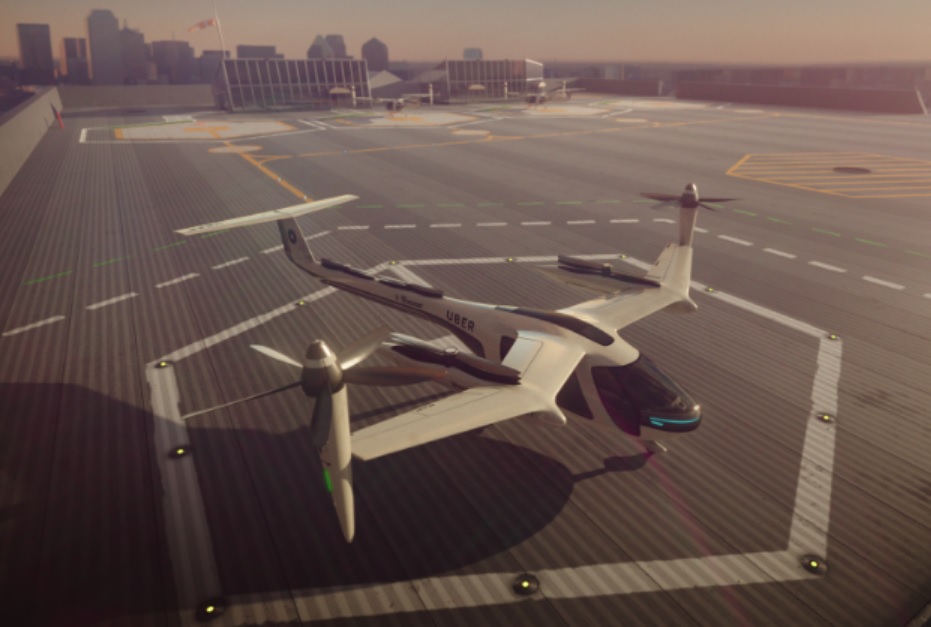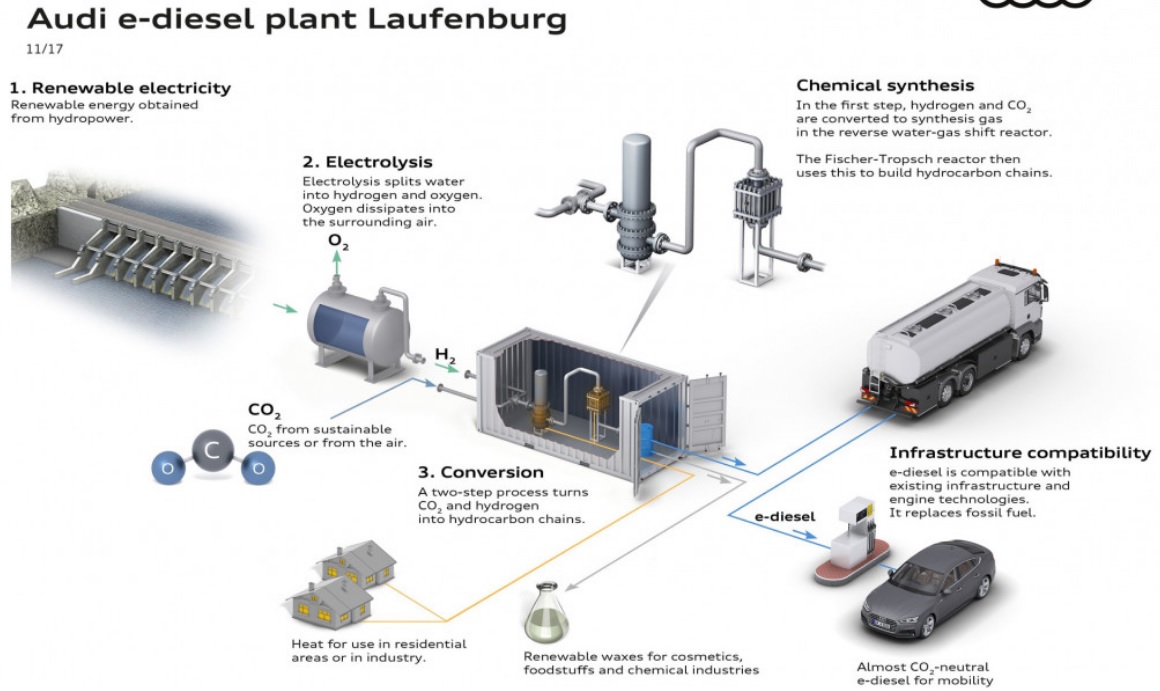UberAir coming to LA: Uber may have had its self-driving car project sidelined by a major courtroom battle with Waymo, but its flying taxis are moving forward. The ride-hailing firm said that it  will begin testing a flying taxi service in Los Angeles in 2020; there are plans in place to go to Dallas and Dubai as well. UberAir will transport passengers by air in an electric aircraft through the region. As Uber is doing with riders getting trips in cars, the company will operate the software for end users to book and take the trip, earning a commission for doing so. Transportation will come from aviation manufacturers such as Embraer, Bell Helicopter, Pipistrel, Aurora Flight Sciences, and Mooney Aviation. The new service will differ from the UberChopper helicopter service by being much cheaper; instead of thousands of dollars for helicopter rides, UberAir will be comparable to UberX rides on city streets. Uber has partnered with NASA to help it develop air traffic management systems for its flying taxi initiatives. NASA will help create a framework for the air traffic management of drones, an agency spokesman said. Recommendations will be presented by NASA and its partner companies to the Federal Aviation Administration in 2019, for determining whether these flight services can be integrated into existing air traffic systems.
will begin testing a flying taxi service in Los Angeles in 2020; there are plans in place to go to Dallas and Dubai as well. UberAir will transport passengers by air in an electric aircraft through the region. As Uber is doing with riders getting trips in cars, the company will operate the software for end users to book and take the trip, earning a commission for doing so. Transportation will come from aviation manufacturers such as Embraer, Bell Helicopter, Pipistrel, Aurora Flight Sciences, and Mooney Aviation. The new service will differ from the UberChopper helicopter service by being much cheaper; instead of thousands of dollars for helicopter rides, UberAir will be comparable to UberX rides on city streets. Uber has partnered with NASA to help it develop air traffic management systems for its flying taxi initiatives. NASA will help create a framework for the air traffic management of drones, an agency spokesman said. Recommendations will be presented by NASA and its partner companies to the Federal Aviation Administration in 2019, for determining whether these flight services can be integrated into existing air traffic systems.
Supercapacitor potential in EVs: Lamborghini announced the Terzo Millennio (“third millennium”) concept car at the EmTech conference in Cambridge, Mass., earlier this week, showing the potential for electric drivetrain technology of the future. It comes from the first year in a three-year partnership between the automaker and the Massachusetts Institute of Technology focusing on super-powered batteries. The project is developing supercapacitors that can provide the level of energy needed to power a supercar and that could be applied to any battery electric vehicles. Supercapacitors are in an early phase for current vehicle applications, such as supporting stop-start systems in hybrid vehicles. They store energy and don’t generate the heat of lithium ions, and have the potential for playing a key role in advanced electric drive systems of the future.
Audi adding to its e-fuels: Audi is preparing to start production of a synthetic diesel fuel that  it’s calling e-diesel. Working with two partner companies, a plant will be set up in Laufenburg, Switzerland, that will be able to take excess energy coming from hydropower combined with CO2, converting it into a CO2-neutral diesel fuel. The CO2 being used will come from the air or bio waste gases. Construction of the plant will start in 2018 and should be finished by the end of that year, with the capacity of producing around 105,000 gallons of e-diesel per year. Audi’s e-fuels started in 2011 with plans to start energy production from wind turbines in the North Sea that would feed the renewable energy back into the grid. That led to turning renewables into liquid fuels that could power vehicles, with the first one being e-gas in 2013. The E-gas synthetic fuel, similar to natural gas, was followed by e-benzin in 2015, a synthetic fuel named after Germany’s term for gasoline, benzin.
it’s calling e-diesel. Working with two partner companies, a plant will be set up in Laufenburg, Switzerland, that will be able to take excess energy coming from hydropower combined with CO2, converting it into a CO2-neutral diesel fuel. The CO2 being used will come from the air or bio waste gases. Construction of the plant will start in 2018 and should be finished by the end of that year, with the capacity of producing around 105,000 gallons of e-diesel per year. Audi’s e-fuels started in 2011 with plans to start energy production from wind turbines in the North Sea that would feed the renewable energy back into the grid. That led to turning renewables into liquid fuels that could power vehicles, with the first one being e-gas in 2013. The E-gas synthetic fuel, similar to natural gas, was followed by e-benzin in 2015, a synthetic fuel named after Germany’s term for gasoline, benzin.



